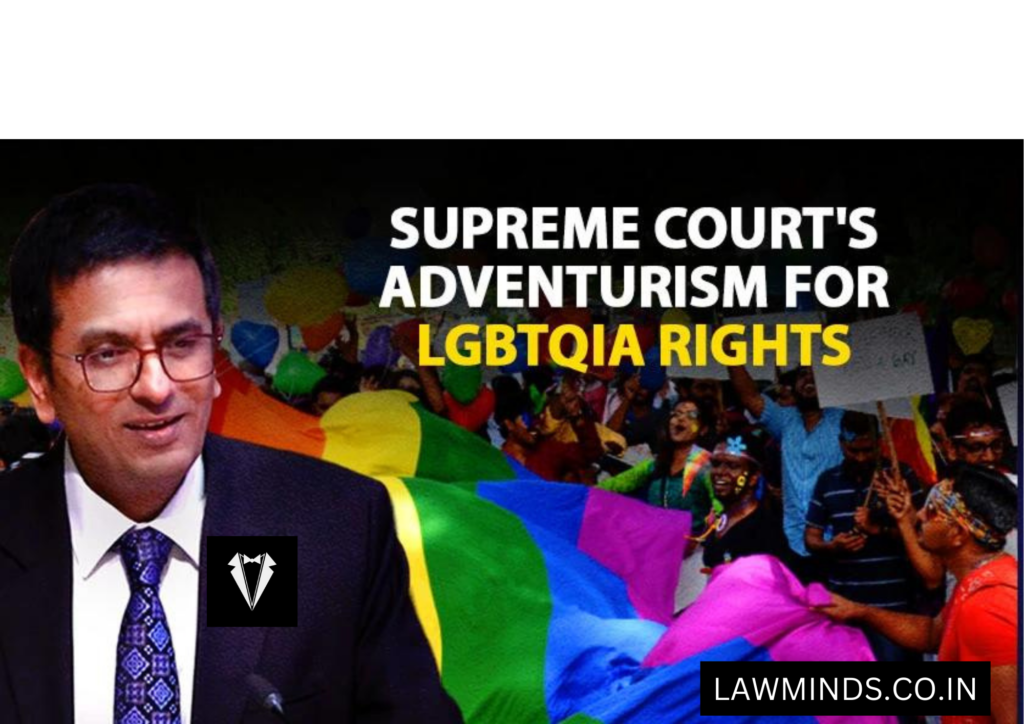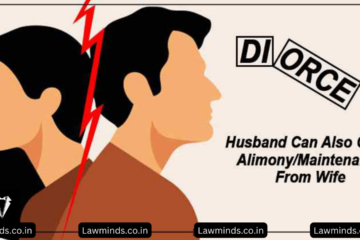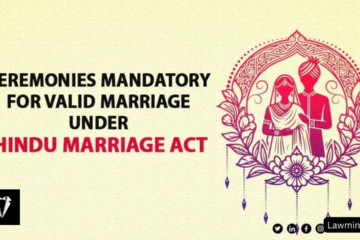
The Supreme Court continued its deliberation on a series of petitions advocating for the legal recognition of same-sex marriages. On the second day of proceedings, the court focused on discussions surrounding the evolving legal landscape pertaining to LGBTQ rights and the fundamental right to choose one’s partner. Notable cases highlighting the shift in legal perspectives over time were examined:
In the case of NALSA v Union of India, the Court affirmed the constitutional rights of transgender individuals, granting them the right to determine their gender identity. This decision underscored the importance of legal recognition and protection for transgender persons.
The landmark judgment in KS Puttaswamy v Union of India, where the right to privacy was established as a fundamental right, overturned previous rulings that hindered LGBTQ rights. The verdict emphasized that the rights of the LGBTQ community are genuine and integral to principles of liberty, equality, and dignity.
In Shafin Jahan v Union of India, the Court upheld the right to choose one’s partner as an essential aspect of personal liberty and dignity, irrespective of religious or social norms. This decision reinforced the autonomy of individuals in matters of personal relationships.
Shakti Vahini v Union of India addressed the issue of honor killings and affirmed the right of adults to marry of their own free will. The Court emphasized that personal choices in relationships are protected under constitutional rights and should not be subjected to societal or communal pressures.
The landmark ruling in Navtej Johar v Union of India marked a significant milestone by decriminalizing homosexuality and affirming the equality of LGBTQ individuals. The judgment reiterated that discrimination based on sexual orientation is unconstitutional.
In Deepika Singh vs Central Administrative Tribunal, the Court recognized the diversity of family structures, including queer marriages, and affirmed their entitlement to legal protections and benefits. This decision acknowledged the reality of non-traditional family units and emphasized their equal status under the law.
These cases collectively reflect the evolving jurisprudence towards recognizing and safeguarding the rights of the LGBTQ community, affirming principles of equality, liberty, and dignity for all individuals.



